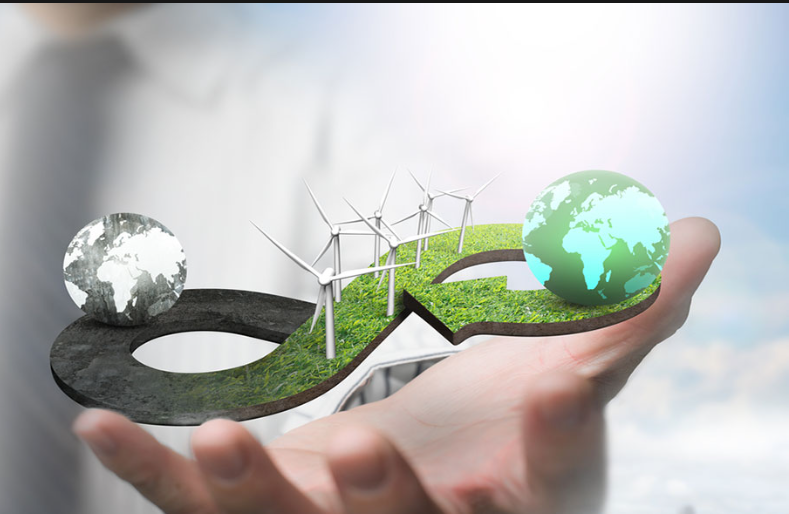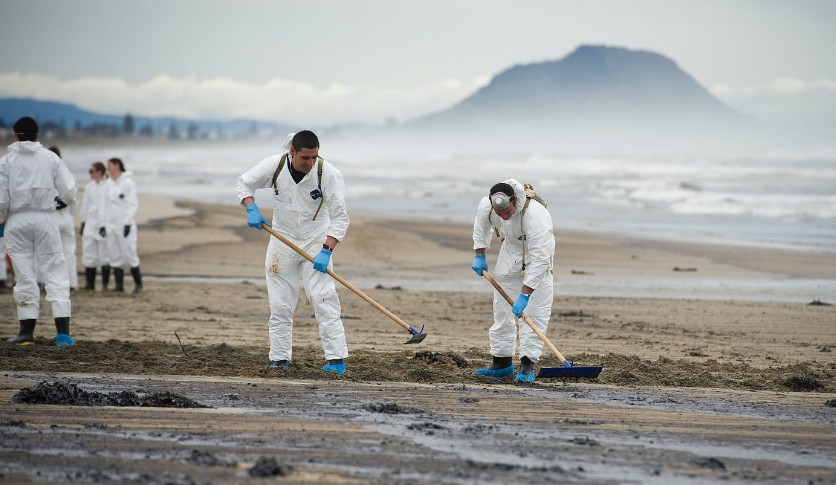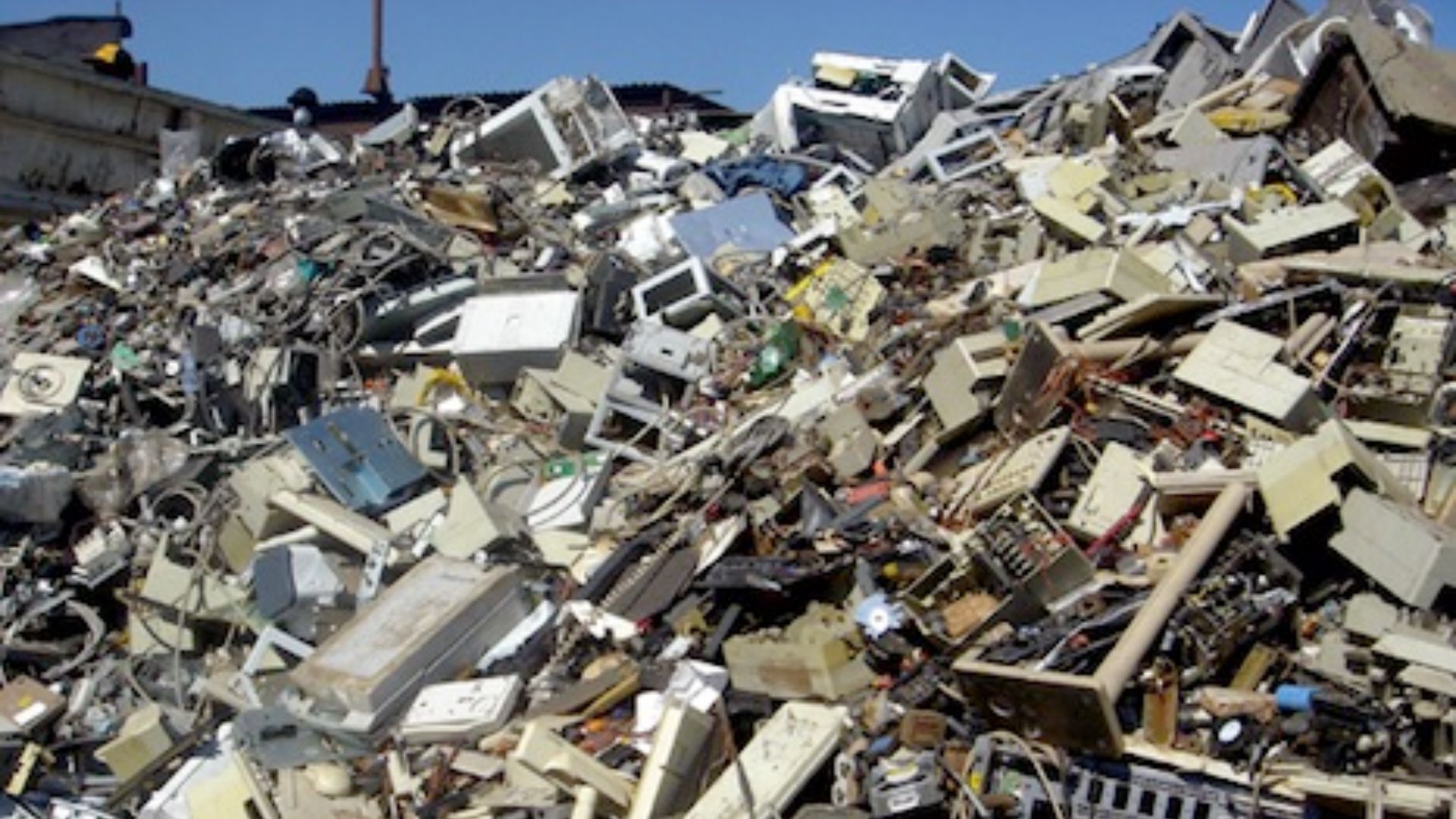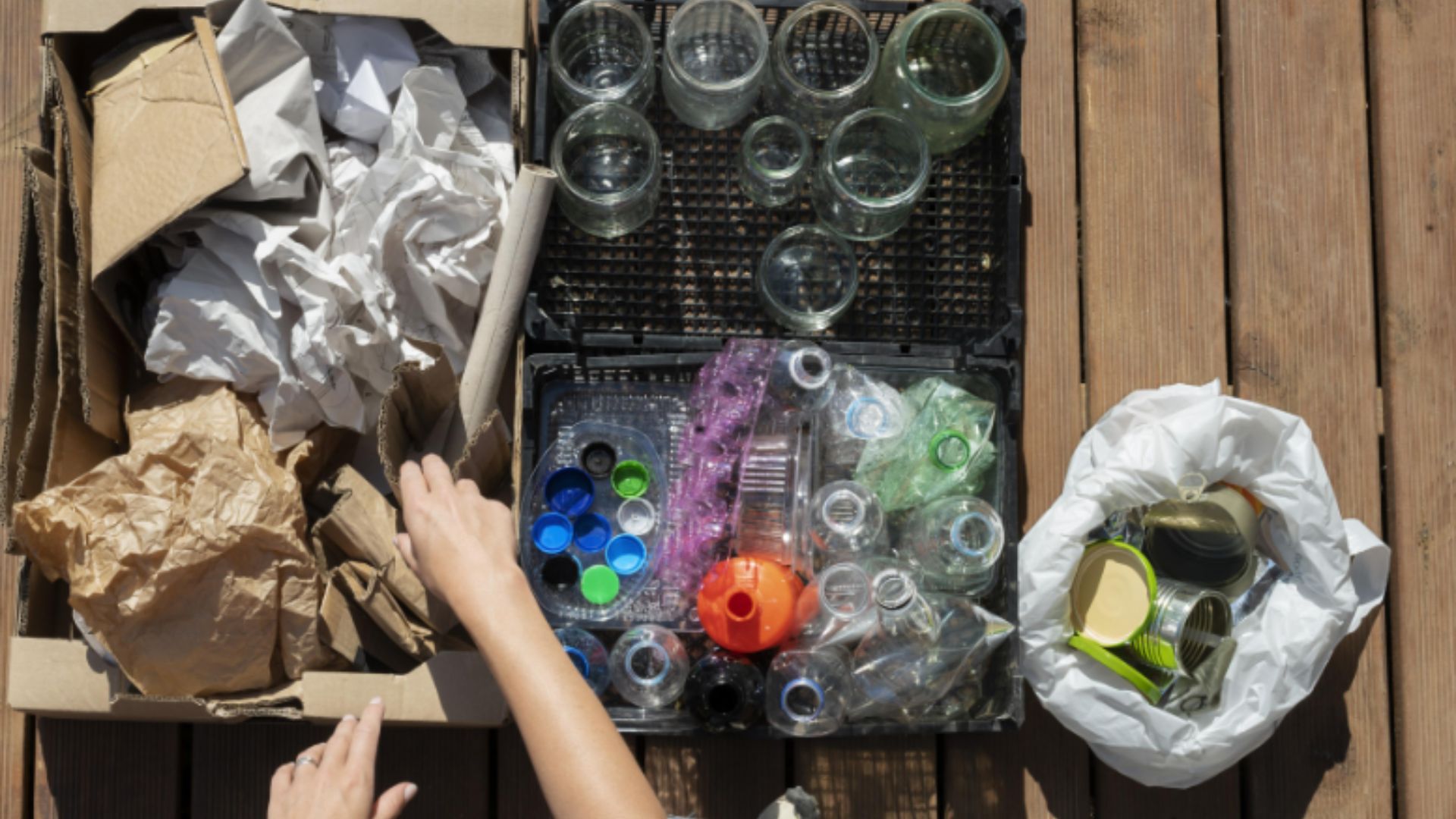Our traditional, linear “take-make-dispose” economic model is reaching a tipping point. The ever-growing consumption of resources and generation of waste are putting immense strain on the environment. Enter the circular economy, a revolutionary approach that redefines waste management and paves the way for a more sustainable future. This blog post delves into the core principles of the circular economy and explores its immense potential for a healthier planet and a thriving economy.

Beyond Recycling: A Paradigm Shift in Resource Management
The circular economy moves beyond the limitations of simple recycling. It focuses on designing products and systems that eliminate waste altogether. This involves extending the lifespan of products through repair, reuse, and remanufacturing. Additionally, the regenerative economy emphasizes using recycled materials and designing products for disassembly and easier material recovery at the end of their lifespan. By closing the loop on resource use, the circular economy minimizes environmental impact and promotes resource efficiency.
The Three Pillars of a Regenerative Economy: A Holistic Approach
The circular economy rests upon three core pillars:
Eliminate Waste
The ideal scenario is to prevent waste generation in the first place. This involves designing products with a longer lifespan, using durable materials, and fostering responsible consumption habits.
Circulate Products and Materials:
Extend the life cycle of products through strategies like repair, refurbishment, and remanufacturing. When products reach their end-of-life, prioritize recycling materials to create new products, minimizing reliance on virgin resources.
Regenerate Natural Systems:
Acknowledge that nature provides the resources that fuel our economy. The circular economy encourages practices that restore and regenerate natural ecosystems, promoting long-term environmental sustainability.
Benefits of the Circular Economy: A Win-Win for People, Planet, and Profit
The circular economy offers a multitude of benefits:
Environmental Sustainability:
Reduced reliance on virgin resources, minimized waste generation, and a focus on renewable energy contribute to a healthier planet.
Economic Growth:
The regenerative economy creates new business opportunities in areas like repair, remanufacturing, and resource recovery, fostering economic diversification and job creation.
Resource Security
By closing the loop on materials, the regenerative economy reduces dependence on finite resources, ensuring long-term resource security for future generations.
Challenges and Opportunities: Embracing the Circular Economy Transition
Transitioning to a circular economy requires addressing some challenges. Changing production processes, consumer behavior, and policy frameworks require collaboration across various stakeholders. However, these challenges present exciting opportunities for innovation and responsible business practices. Investing in research and development to create innovative recycling technologies and fostering consumer awareness about sustainable consumption are crucial steps towards a circular future.
Leading the Way: Examples of the Circular Economy in Action
Several companies and governments are embracing the circular economy. Examples include innovative packaging solutions that are designed for reuse or easy recycling, take-back programs for used electronics, and the development of new bio-based materials. These real-world examples demonstrate the viability and potential of the regenerative economy to create a more sustainable future.
Conclusion: A Sustainable Future Beckons
The regenerative economy offers a compelling roadmap for a future where economic prosperity and environmental responsibility go hand-in-hand. By embracing its principles, fostering innovation, and collaborating across sectors, we can create a world where waste becomes a resource, and our planet thrives for generations to come. The transition to a regenerative economy is a journey, not a destination. Let’s embark on this journey together and build a more sustainable future for all.



